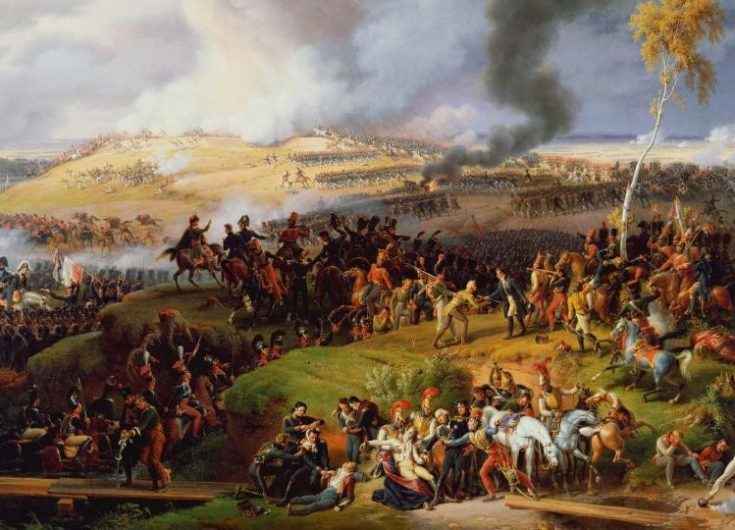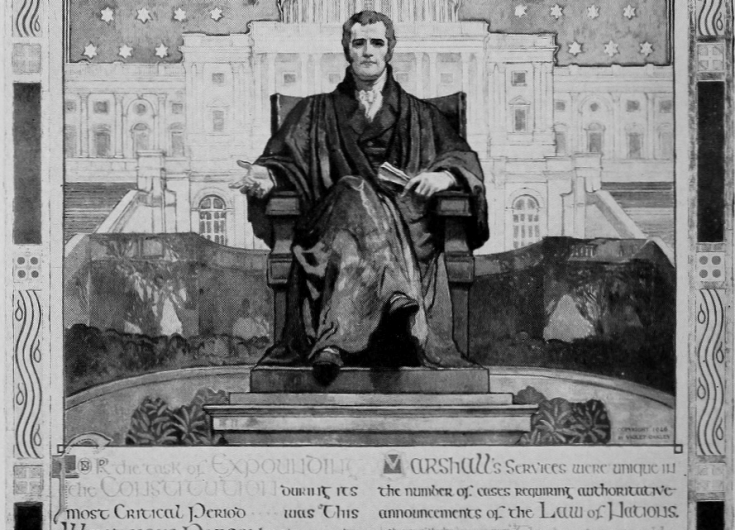

Jeremy Bentham, Principles of International Law (1786-1789/1843)
The older phrase law of nations, according to Bentham, refers to a certain discursive space only through the force of custom, or convention. However, he believed that a more appropriate designation should go beyond mere convention. According to Bentham, the phrase law of nations is a sign relying on the mediation of convention. Without the convention, "the force of custom," the phrase law of nations might be understood as one designating the domestic, municipal law of diverse nations. On the other hand, Bentham explains, that international is a term that stands in no need of the mediation of custom and convention. To put it more simply, Bentham proposed to replace the concept of the law of nations with that of the law between nations.



